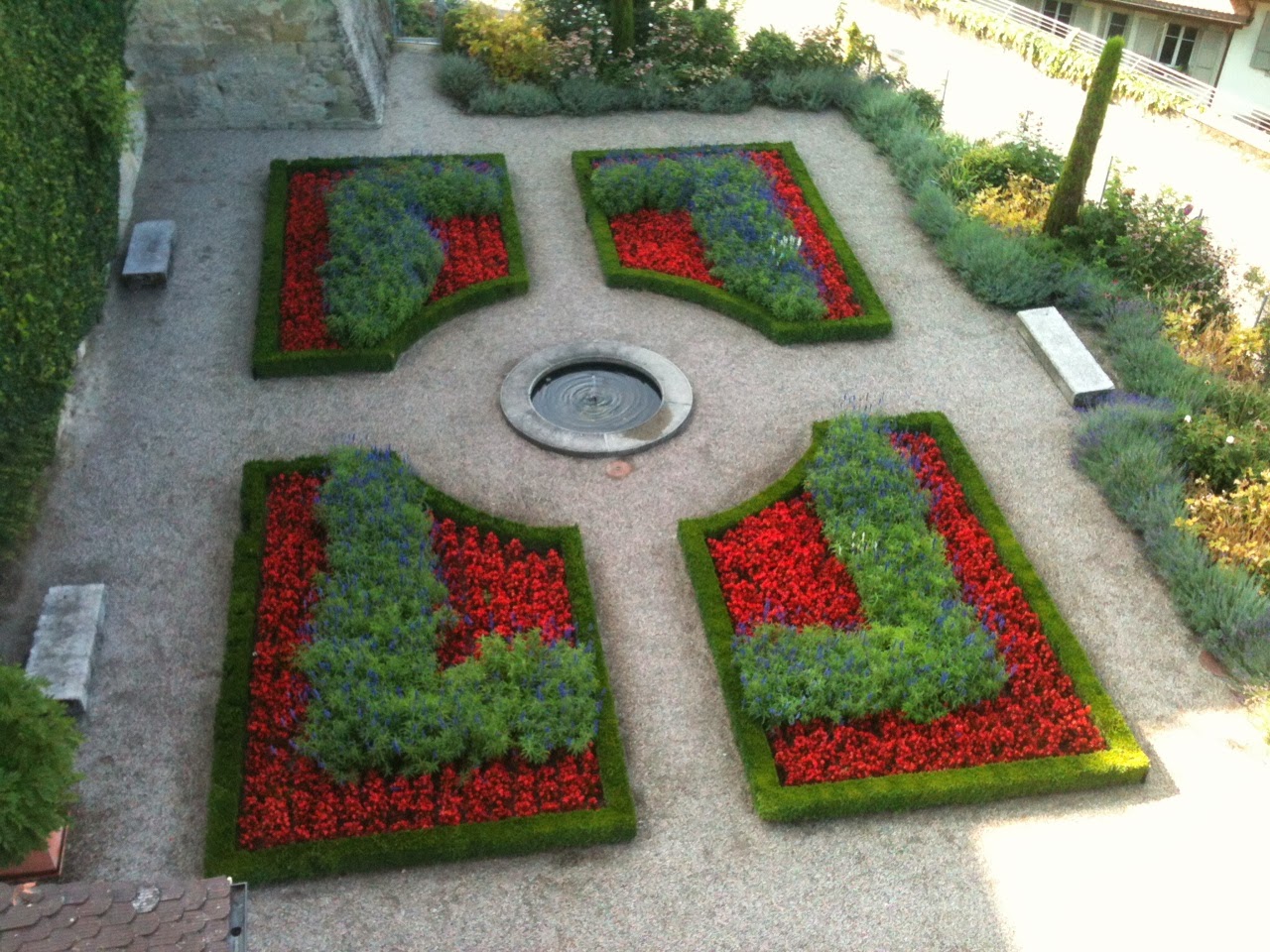"CosMos - A Co-creator's Guide to the Whole-World" is an inspiring book by Ervin Laszlo, Ph.D, recipient of the 2001 Goi Peace Award (Japanese) and the 2005 Mandir Peace Prize. He has been twice nominated for the Nobel Peace Prize. This book is co-authored by Jude Currivan, Ph.D. The authors offer these thoughts and caveat on the Law of Attraction:
"The principles of resonance and reflection are brought together in the Law of Attraction, which states that like attracts like - positive thinking and intention attract positive results, and vice-versa.
The power of our intention and the energy it unleashes are dependent on our levels of coherence and intensity. The affirmation of our positive intentions in thought, feeling, and action increases the power of our abilities. Nonetheless, it is important to appreciate that the matrix of physical, emotional, and mental levels of consciousness through which our personal and collective intentions and choices are explored and experienced require a "health warning" on interpreting the Law of Attraction too simplistically.
There are many reasons why our life circumstances are as they are. Expanding our awareness to understand them and our behavior patterns and limiting beliefs allows us to gain the perspective that enables us to become more balanced and whole. When we are willing to undertake this quest, we are empowered to "attract" our highest purpose to flow through us. This is the journey of developing deeper coherence. The most coherent ends are achieved through the most coherent means. In this context, "the means do not justify the end"; they become it." (2008, p. 105).
~Excerpted from "CosMos" By Laszlo and Currivan
Integral eco-archetypal image

Integral eco-archetypal image
Sunday, February 22, 2009
Wednesday, February 18, 2009
Alchemy and the Imagination
Leading Jungian analyst, Nathan Schwartz-Salant's Introduction to Jung's work on Alchemy provides an inviting preface to the topic. This book brings together an essential selection of Jung's thoughts on the topic. The relationship between alchemy and imagination is not to be underestimated:
"The alchemists knew, from their own and from the accumulated experience of centuries of traditional cultures, that their personalities could be transformed. Through initiation rites they felt different, behaved differently, and grew in new ways. No longer bound to the compulsion of adolescent states of mind, or to the flights into promiscuity that wasted their sexual energies, people in traditional cultures learned that they could 'die' and be 'reborn.' And in their reborn form they actually did see the world differently. They could, in fact, see in ways they never could before. Their imagination could become a guide to truth instead of being a capricious trickster. And some alchemists could feel a guiding center that formed in their innermost being and which was strangely linked in feeling to experiences of their most ecstatic journeys. Alchemy developed within this respect for a human concern for the sacred. As a consequence, its very methods were intrinsically bound to the power of illumination and the imagination, and it especially applied the ideas of death and rebirth, so central to initiation rites and mystical experience, to material and psychological change. To understand the alchemical quest we must recognize the intimate relationship that existed between its methods and the transformation of the human personality, or else we shall miss its essential mystery." (1995, p. 5).
~Excerpted from "Jung on Alchemy" by Nathan Schwartz-Salant
"The alchemists knew, from their own and from the accumulated experience of centuries of traditional cultures, that their personalities could be transformed. Through initiation rites they felt different, behaved differently, and grew in new ways. No longer bound to the compulsion of adolescent states of mind, or to the flights into promiscuity that wasted their sexual energies, people in traditional cultures learned that they could 'die' and be 'reborn.' And in their reborn form they actually did see the world differently. They could, in fact, see in ways they never could before. Their imagination could become a guide to truth instead of being a capricious trickster. And some alchemists could feel a guiding center that formed in their innermost being and which was strangely linked in feeling to experiences of their most ecstatic journeys. Alchemy developed within this respect for a human concern for the sacred. As a consequence, its very methods were intrinsically bound to the power of illumination and the imagination, and it especially applied the ideas of death and rebirth, so central to initiation rites and mystical experience, to material and psychological change. To understand the alchemical quest we must recognize the intimate relationship that existed between its methods and the transformation of the human personality, or else we shall miss its essential mystery." (1995, p. 5).
~Excerpted from "Jung on Alchemy" by Nathan Schwartz-Salant
Subscribe to:
Posts (Atom)